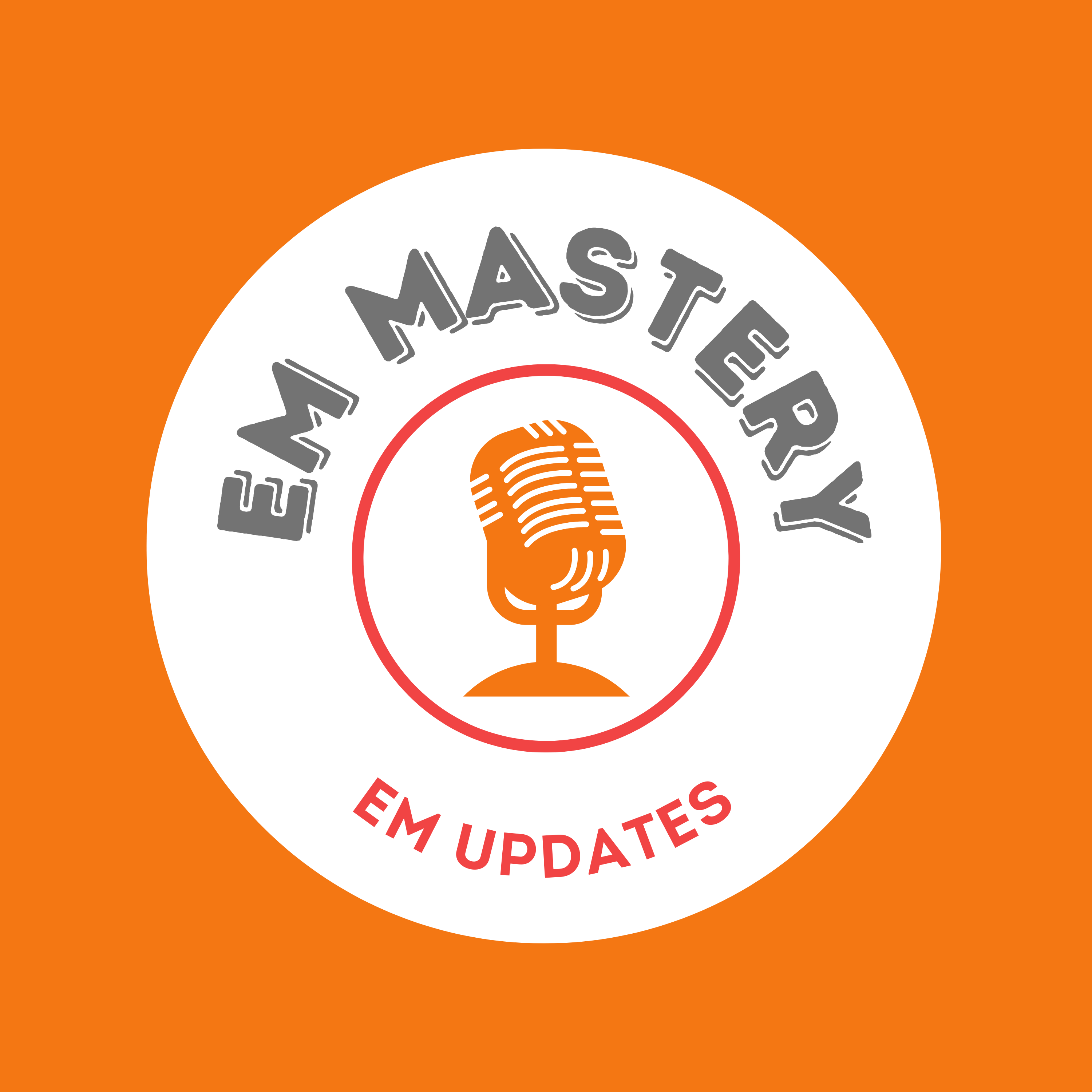Last week we looked at a case study involving a patient who awoke with stroke symptoms. In these cases there has been little to offer patients. Thrombolysis has no application here, given its 3-4 hour window. Endovascular mechanical thrombectomy has been hailed as the new treatment. Until January of 2018, trials in this area demonstrated that thrombectomy, in cases of occlusion of a large cerebral vessel was effective in acute stroke when performed within 6 hours of symptom onset(1). This still was limited in its application.
In January 2018, the DAWN trial(2) was published. This was a multicenter, prospective, randomised trial, that looked at endovascular thrombectomy performed at 6 to 24 hours after onset of stroke symptoms.
They included patients that had lesions in large vessels ie., internal carotid artery and the first segment of the middle cerebral artery or both as determined by MRA or CTA. The primary endpoints included:
- a mean disability score on a Rankin Scale at 90 days and
- the rate of functional independence at 90 days.
They used a “tissue window” rather than a time window as the criterion for suitability. These patients had a mismatch between the severity of the clinical picture and the infarct volume ie., a small infarct core but a large volume of brain tissue at risk. I wrote about this previously in discussing the penumbra in hypertensive bleeds.
The results showed better outcomes for those patients undergoing thrombectomy and standard care, rather than standard care alone. Of interest was that 63% of the patient had their first symptoms on waking.
The DAWN Trial was stopped following interim analysis, which showed a high probability of success.
So when the next patient comes in and is outside the time window of currently offered treatments, call the largest centre near you and speak with the interventional neuro-radiologist. It may significantly affect your patients outcome.
References
- Goyal et al. Endovascular thrombectomy after large vessel ischaemic stroke: a meta-analysis of individual patient data from five randomised trials. Lancet 2016;387:1723-31.
- Nogueira et al. Thrombectomy 6 to 24 hours after stroke with a mismatch between deficit and infarct. NEJM 2018;378:11-21.
Dr Peter Kas




